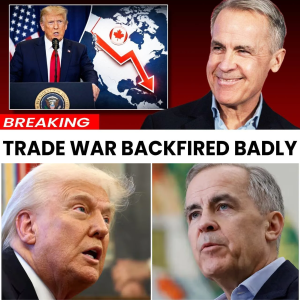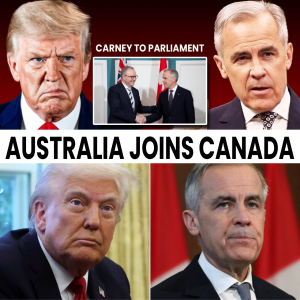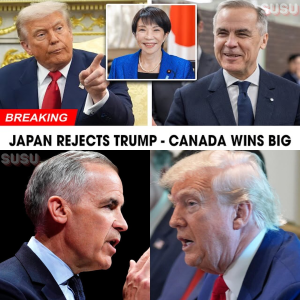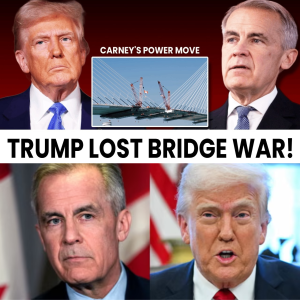CNN Anchor Kaitlan Collins Clashes with Trump in Oval Office Showdown
On February 13, 2025, CNN’s Chief White House Correspondent Kaitlan Collins found herself at the center of a heated exchange with former President Donald Trump during a press conference in the Oval Office. The confrontation, which unfolded as Trump signed a reciprocal tariff plan, highlighted the ongoing tension between the president and the press, particularly Collins, who has frequently challenged him with tough questions. This latest clash, sparked by Collins’ inquiries about tariffs and Trump’s trust in Russian President Vladimir Putin, underscored her reputation as a tenacious journalist and reignited debates about the role of the media in holding power to account.
The incident occurred during a formal Oval Office event where Trump announced his plan to impose reciprocal tariffs on imports to address trade imbalances. As he held up the signed document for cameras, Collins interjected with a question about the economic impact of the tariffs, noting that Trump’s 2024 campaign had capitalized on voter frustration with high inflation. “Mr. President, you won the White House, in part, because of high inflation. If your tariffs make prices go up…” she began, only to be cut off by Trump, who snapped, “Excuse me. We haven’t asked you to speak yet.” The rebuke drew laughter from some in the room, but Collins pressed on when given the floor, asking, “So Americans should prepare for some short-term pain?”
Trump’s response was dismissive, pivoting to criticize CNN’s credibility and claiming, “Nobody watches you anymore.” Later in the press conference, another reporter asked whether Trump believed Putin’s claims of seeking peace in Ukraine. Collins followed up with, “Do you trust President Putin?”—a question that prompted Trump to double down on his attacks, alleging Collins was a friend of former President Joe Biden and that her network lacked legitimacy. “I believe that he would like to see something happen,” Trump said of Putin, sidestepping the trust issue while blaming Biden for the Ukraine conflict.
This was not the first time Collins and Trump have clashed. In 2018, as a young White House correspondent, Collins was barred from a Rose Garden press conference after asking Trump about his former attorney Michael Cohen and Putin during an Oval Office photo op. The Trump administration labeled her questions “inappropriate,” a move CNN called “retaliatory” and even Fox News defended as an attack on press freedom. In 2023, during a CNN town hall moderated by Collins, Trump called her a “nasty person” when she pressed him on classified documents, a moment that cemented her reputation for unflinching journalism.
Collins, who became CNN’s youngest Chief White House Correspondent at 28, has built a career on asking hard-hitting questions. Now 33, she anchors The Source with Kaitlan Collins at 9 p.m. ET while resuming her role as Chief White House Correspondent for Trump’s second term. Her persistence has earned praise from colleagues like CNN’s Wolf Blitzer, who called her “relentless, in the best possible way,” and criticism from Trump allies, who view her as emblematic of a biased mainstream media.
The February 2025 showdown reflects a broader struggle between the press and political leaders. Trump’s attacks on Collins—calling her a “low-rated anchor” and CNN “fake news”—are part of a long-standing strategy to undermine media credibility. On X, reactions were polarized: some users hailed Collins as a “fearless” journalist, while others echoed Trump’s sentiments, with one post stating, “Kaitlan Collins got what she deserved for pushing fake news.” Yet, her defenders, including CNN’s Dana Bash, who cut away from the press conference to support her colleague, argue that such attacks are a distraction from substantive issues.
Collins herself has dismissed Trump’s insults as a “distraction technique,” telling Vanity Fair that she refuses to take such criticism personally. “If they deflect, I know I’ve won because they don’t have an answer,” she said. Her resilience is notable in a media landscape where journalists face increasing hostility. In 2024, she was named one of America’s top 10 TV news journalists by GALECA for her ability to “calmly hold the powerful accountable.”
The clash raises questions about the state of press access and freedom under Trump’s second administration. While Trump’s first term saw reporters like Collins barred from events, the 2025 incident suggests a continuation of adversarial relations. The White House Correspondents’ Association, of which Collins was once slated to be president, condemned efforts to silence journalists, emphasizing the need for open access. However, Trump’s allies, like Deputy Chief of Staff Stephen Miller, have doubled down, framing critical questions as unpatriotic.
Economically, Collins’ tariff question was prescient. While Trump’s tariffs aim to boost U.S. manufacturing, economists warn of potential price increases for consumers, with a 2025 study estimating a 1-2% rise in retail costs. Collins’ focus on this issue highlights the media’s role in scrutinizing policies that affect everyday Americans, even as such questions draw ire.
Collins’ exchange with Trump underscores the challenges journalists face in a polarized era. Her ability to remain composed under pressure has solidified her as a leading voice at CNN, with Chairman Mark Thompson praising her as “fair, well-sourced, and not afraid to stand up to anybody.” As she continues to cover Trump’s presidency, the February 2025 clash will likely be one of many tests of her resolve. For now, Collins remains undeterred, embodying what she calls a “joyful warrior” spirit—a journalist who thrives on asking the questions that matter, no matter the cost.








